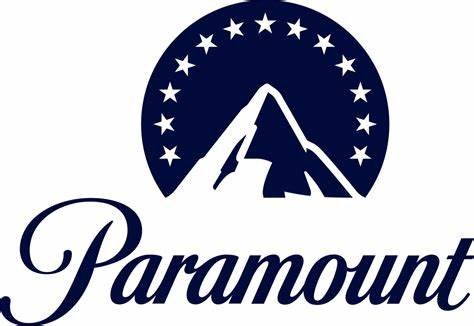Paramount Merges with Skydance

In a move that reshapes Hollywood's landscape, entertainment titan Paramount is merging with Skydance, marking the end of the Redstone family's significant era in the film industry. According to reporting by the Associated Press, this merger not only provides a much-needed financial boost to Paramount but also elevates David Ellison, Skydance's founder, as a key industry player.
Shari Redstone, who oversees National Amusements and controls the majority of Paramount's voting shares, has been the steadfast guardian of her father's legacy. Paramount, known for cinematic milestones like Top Gun and The Godfather, now faces the challenge of staying relevant in an evolving entertainment world. Despite initially rejecting a similar offer, Redstone agreed to the current deal, highlighting the necessity of fortifying Paramount's future.
"Given the changes in the industry, we want to fortify Paramount for the future while ensuring that content remains king," Redstone emphasized.
The merger, valued at approximately $28 billion, is set to conclude by September 2025, contingent on regulatory approval. An investment consortium led by the Ellison family and RedBird Capital will inject $8 billion into the venture. Skydance, headquartered in Santa Monica, has been a crucial partner for Paramount, contributing to hits like Top Gun: Maverick and the Mission Impossible film series.
David Ellison, who founded Skydance in 2010, will helm the new entity, New Paramount, as chairman and CEO. He outlined his vision in a recent conference call, emphasizing a “creative first” strategy and the need to integrate more technology into their operations. Ellison pointed out the success of tech giants in the media space and stressed the importance of a similar transformation for New Paramount.
“You’ve watched some incredibly powerful technology companies move into the media space and do so very successfully,” Ellison stated. He also outlined plans to revamp the Paramount+ streaming service, aiming to boost user engagement and reduce churn, alongside adopting cloud-based production and generative AI for efficiency.
Further restructuring was discussed, with Jeff Shell of RedBird Sports and Media identifying potential cost efficiencies amounting to $2 billion. Despite the decline in linear TV growth, Shell emphasized the need to adapt and maintain this aspect of the business.
This merger comes at a turbulent time for Paramount, which has faced difficulties maintaining its foothold. Earlier this year, a leadership shakeup saw CEO Bob Bakish replaced with a triumvirate of executives, and significant cost-cutting measures were introduced.
Founded in 1914, Paramount boasts a storied history with classics like Sunset Boulevard, The Godfather and Titanic. Despite its recent struggles, the studio achieved notable success with Top Gun: Maverick in 2022, which grossed nearly $1.5 billion worldwide, aiding the industry's recovery post-pandemic.
Yet, Paramount's theatrical releases have dwindled. Last year saw only eight new films, placing it fifth in the box office rankings. This year’s slate remains modest, especially with Mission: Impossible 8 delayed to 2025 due to industry strikes. Upcoming titles like Bob Marley: One Love, A Quiet Place: Day One and Ridley Scott’s Gladiator sequel offer some promise.
The National Association of Theatre Owners expressed cautious optimism about the merger. Michael O’Leary, the association's president, voiced concerns about the potential reduction in theatrical releases, emphasizing the broad impact on the industry.
Sumner Redstone, through National Amusements, built a media empire encompassing CBS and Viacom, which merged and separated multiple times, most recently reuniting in 2019 as Paramount Global. Under his leadership, Viacom became a media powerhouse with assets like MTV and Comedy Central.
Chris Post is a life-long fan of Star Trek who has been working in journalism for nearly 25 years.




